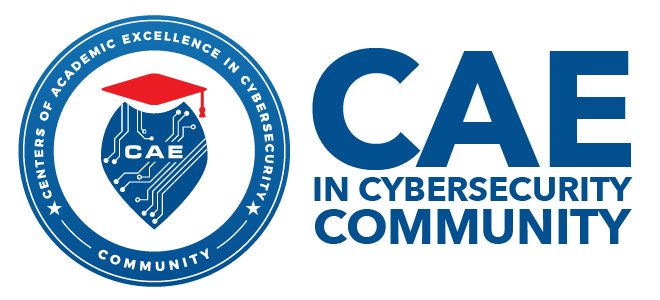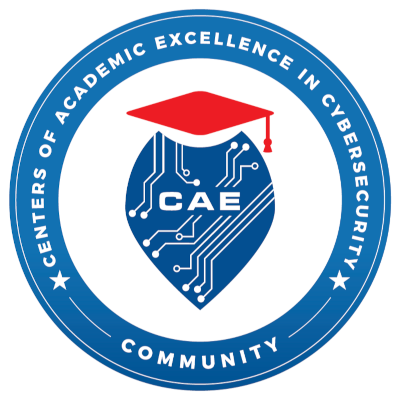Engaging discussions between students in asynchronous online courses are an important part of learning yet many find it difficult to develop creative and effective discussion prompts in cybersecurity and other technical courses. Often these discussion prompts end up looking like short answer questions with each student posting very similar responses. It is hard to generate a meaningful conversation from this type of prompt and students often get stuck trying to think of something relevant to say. It doesn’t have to be this way! There are ways to not only engage students in stimulating and interesting conversations related to cybersecurity concepts but to also use these discussions to develop critical thinking skills, build awareness of how diversity, equity and inclusion are impacted by the topic at hand, learn from relevant current events and encourage creative thinking. It is equally important to provide guidance for when students are replying to each other’s posts. We want their discussions to build on what has been said and continue to be productive and informative throughout the thread. This presentation will review best practices for designing asynchronous discussions by sharing examples of good, bad and engaging discussion prompts in cybersecurity courses. Participants will take away ideas for creating asynchronous discussions that will appeal to students in cybersecurity courses and generate lively conversations.
Catherine Seaver, Excelsior University
Thursday Block II
04:00 pm ~ 04:10 pm
Designation Track
Duration
10

